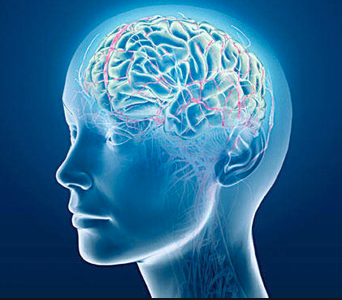
The Psychology behind Racism Dec 15, 2014
Racism has long been a part of history. But old tradition and culture aside, what is the psychology behind racism?
Racism presents itself today in forms of bullying. Similarly, the psychological motives behind both are not unlike. First of all, self-esteem plays a big role as people who feel their own self-esteem is threatened, may exhibit prejudicial behaviour to restore their own confidence.
Conversely, not only can low self-esteem lead to racist beliefs, but extremely high self-esteem can as well. People with the mentality that their race is better will look down on others. The status difference between majority groups and minorities drive the more powerful faction to oppress members of the minorities.
This is because humans naturally categorize themselves as part of a group displaying similarities. When someone is noticeably different, others tend to harbour a negative outlook towards them, not accepting these differences is what leads to racism.
In addition, a primal desire to survive plays an important role. Although survival is a primitive instinct and arguably irrelevant and unacceptable reason in the 21st century, groups may see each other as competition for power, a sort of “us-against-them” mentality.
Finally, many people are most comfortable with a structured and unchanging world. They are uneasy with change or difference, and typically respond with hostile or prejudiced behaviour. For example, the Klu-Klux Klan view the “invasion” of other races as some sort of unacceptable change to how America is supposed to be and believe that eradicating them all will restore America back to its previous glory.
Having the motives behind racism laid out here leads to the question, are these reasons good enough to justify the harm that they cause? Racism can have very hurtful consequences, even leading to deaths, will knowing the causes be enough to prevent it?
By: Yuan Li

Add a comment